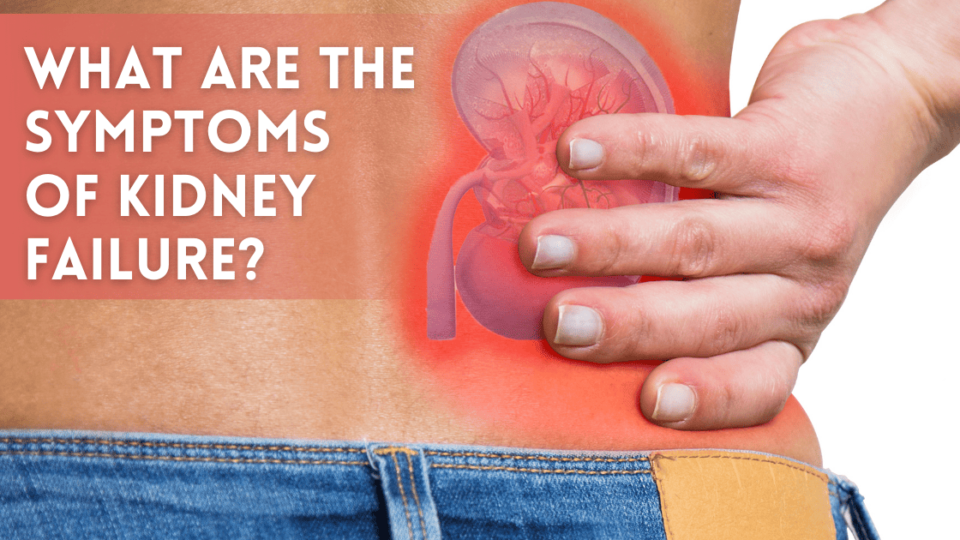The kidneys play a crucial role in filtering waste products from the blood, regulating fluid and electrolyte balance, and maintaining overall body homeostasis. When these vital organs are in danger, your body can send out several warning signs that should not be ignored. Recognizing these early signs can be crucial for preventing further damage or kidney failure.
2. Swelling (Edema): Kidneys help regulate fluid balance in the body, and when they are not functioning properly, excess fluid can accumulate, leading to swelling in the feet, ankles, legs, or around the eyes. Swelling occurs when the kidneys cannot efficiently remove excess water and waste.
3. Fatigue and Weakness: When the kidneys are impaired, toxins build up in the blood, which can cause fatigue, weakness, and a general sense of being unwell. Anemia, a condition commonly linked to kidney disease, can also contribute to feelings of tiredness due to decreased red blood cell production.
4. Shortness of Breath: Fluid buildup in the lungs or anemia caused by kidney dysfunction can lead to shortness of breath. This is particularly noticeable during physical activity or even while lying down.
5. Back Pain: Kidney problems can cause discomfort or pain in the lower back, typically on one side, near the kidneys. This could be a sign of kidney infection, stone formation, or other kidney-related issues.
6. Nausea and Vomiting: As kidney function declines, toxins and waste products accumulate in the bloodstream, leading to symptoms like nausea, vomiting, and a general feeling of being unwell.
7. Confusion and Difficulty Concentrating: When the kidneys are not functioning properly, toxins can affect the brain, leading to cognitive issues. This can manifest as confusion, difficulty concentrating, or even memory problems.
8. High Blood Pressure: The kidneys play an essential role in regulating blood pressure by controlling fluid and electrolyte balance. When kidney function is impaired, blood pressure can rise, often becoming difficult to control with standard medications.
If you experience any of these symptoms, it is important to consult a healthcare professional. Early detection of kidney issues can lead to better treatment options and prevent the progression of kidney disease. Regular check-ups, maintaining a healthy diet, staying hydrated, and managing chronic conditions like diabetes and hypertension are all essential steps in protecting kidney health.

1 comment
Guide me how to avoid kidney failure